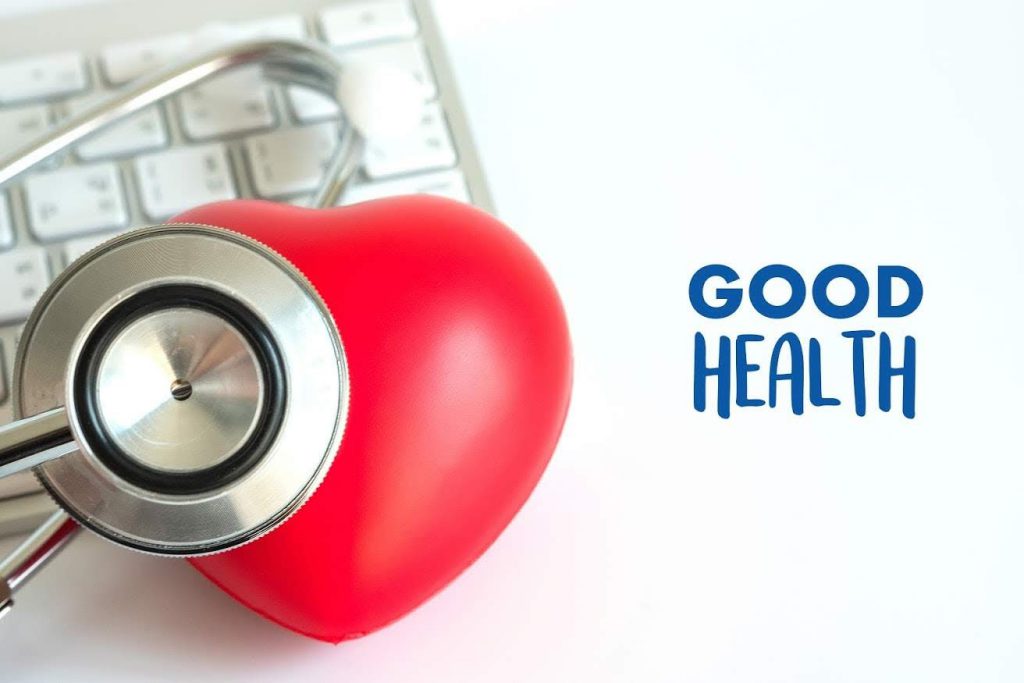Looking After Your Heart During Covid-19
Advice for patients with underlying heart conditions
COVID-19 is a new strain of coronavirus first discovered in the city of Wuhan, China in 2019. Examples of previous strains of coronavirus well known to the public are SARS (Severe Acute Respiratory Syndrome) and MERS (Middle Eastern Respiratory Syndrome).

The newest form of coronavirus, much like SARS, can have a profound effect on the respiratory system, including the airways and lungs.
From studying 14,011 cases of this coronavirus over the last few months, the most commonly reported symptoms can be broken down as follows:
- Fever (47% of patients)
- A dry or productive cough (25%)
- A sore throat (16%)
- General weakness (6%)
- Pain (5%)
The relationship between COVID-19 and heart disease
Across the world, the highest risk group of individuals for coronavirus has been identified as elderly people over the age of 70 years old, and those with pre-existing health conditions which may compromise their immune system or otherwise increase the likelihood of experiencing severe symptoms, or their viral infection becoming fatal.
It is of utmost importance that anyone who suspects they may be in this high-risk group follow government guidelines and take extra precautions to look after themselves and stay safe during this time. This includes those with heart disease.
Around half of patients who died with coronavirus in Italy up to the 19th March 2020 had three or more additional health conditions (comorbidities). Just 1.2% of patients had no comorbidities, and the rest had one or two such as the following:
- 8% had hypertension
- 9% diabetes
- 1% ischaemic heart disease
- 0% atrial fibrillation
- 5% a cancer diagnosed in the last five years[i]
Advice for those with underlying heart conditions
It is vital that every step is taken to look after yourself and your heart during this time. Regularly handwashing with soap and water (or antibacterial gel with an alcohol percentage of above 60%) are primary tools you can use to maintain high standards of hygiene.
Disinfecting surfaces in the home with diluted bleach or regular household cleaners and regularly washing sheets, towels and clothes (in particular if you experience any one of the symptoms listed above) is recommended, and following social distancing guidelines outlined by the government is another crucial measure in limiting the chance of catching the coronavirus.
More specifically for patients with an underlying heart condition, it is recommended that you:
- Have a list on hand of your doctor or treatment provider, and someone who could support you with daily tasks such as shopping should you require help
- Make sure you have a supply of prescriptions in your home, and look to see whether your local pharmacy offer a home delivery service. Again having someone else you can contact who knows your prescriptions and when you need to take them may be useful during this time
When you or someone else does the shopping, buying foods that are healthy for your heart (e.g. low-salt foods, fruit, vegetables, whole grains) will all reduce the risk of a heart attack. This is especially important for patients with a degree of heart failure, who may have experienced a heart attack previously.







